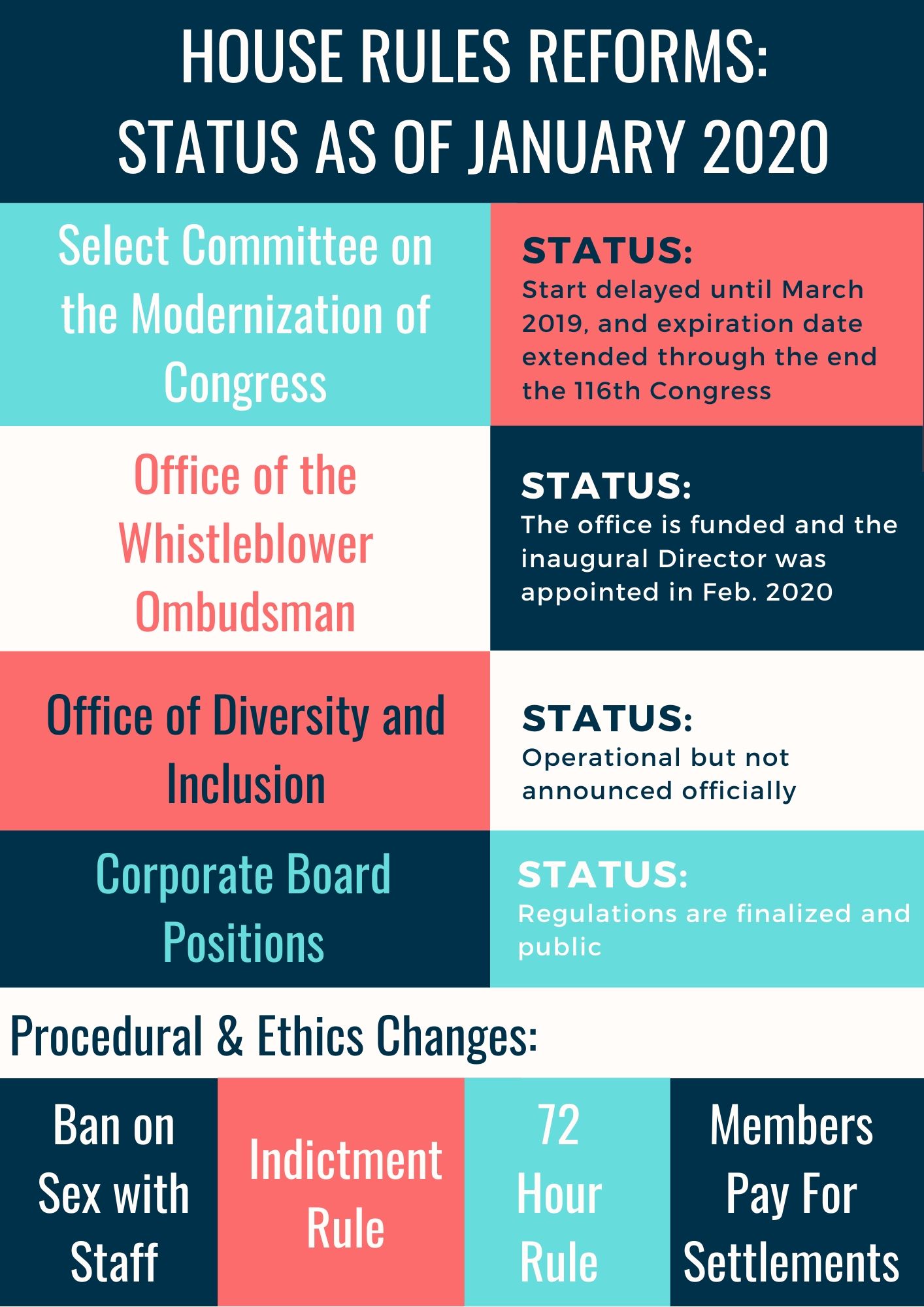TOP LINE
Lawmakers assumed that income tax revenue coming in during April would give them a few more months to posture before the debt default roiled the markets. The time to implement a solution to the debt limit, however, was back in the lame duck session of the last Congress. Unfortunately, Senator Joe Manchin, along with Senate Republicans, chose cheap political calories over a healthy economy. Now the nation’s finances are about to undergo an enormous stress test.
The discharge petition loop-de-loop is technically still alive, the political chances of it working are near zero. Meanwhile, talks that are not “negotiations” will occur on Tuesday even as the underlying issue is, or at least should be, non-negotiable. Our political structures have incentivized this myopic leap into the darkness while the necessary reforms remain largely ignored by the punditocracy and vetocracy alike. Sometimes it takes a crisis, but at what cost?
Meanwhile, the parallel universe of regular committee workin the 118th Congress continues this week and next. HASC will take up work on the NDAA Thursday while Senate Appropriations Committee hearings continue. Appropriators in both chambers are expected to start holding subcommittee markups on May 17th and 18th. SASC, however, is pumping the brakes on its NDAA markup until mid-June because of the change in the Treasury’s X-date for the debt ceiling.
It may be that the NDAA is the only major legislative vehicle that becomes law this Congress. This week both chambers are in session Tuesday through Friday during the first of consecutive overlapping working weeks. On Wednesday, the Senate Rules Committee holds a full oversight hearing of the Library of Congress with Librarian Carla Hayden. Given the strong criticism last week of CRS’s management at a House hearing, maybe members of the Senate Rules Committee will inquire with Librarian of Congress Hayden about the performance of her subordinate, Dr. Mazanec.
Continue reading “First Branch Forecast for May 8, 2023: Food and Housing” →

